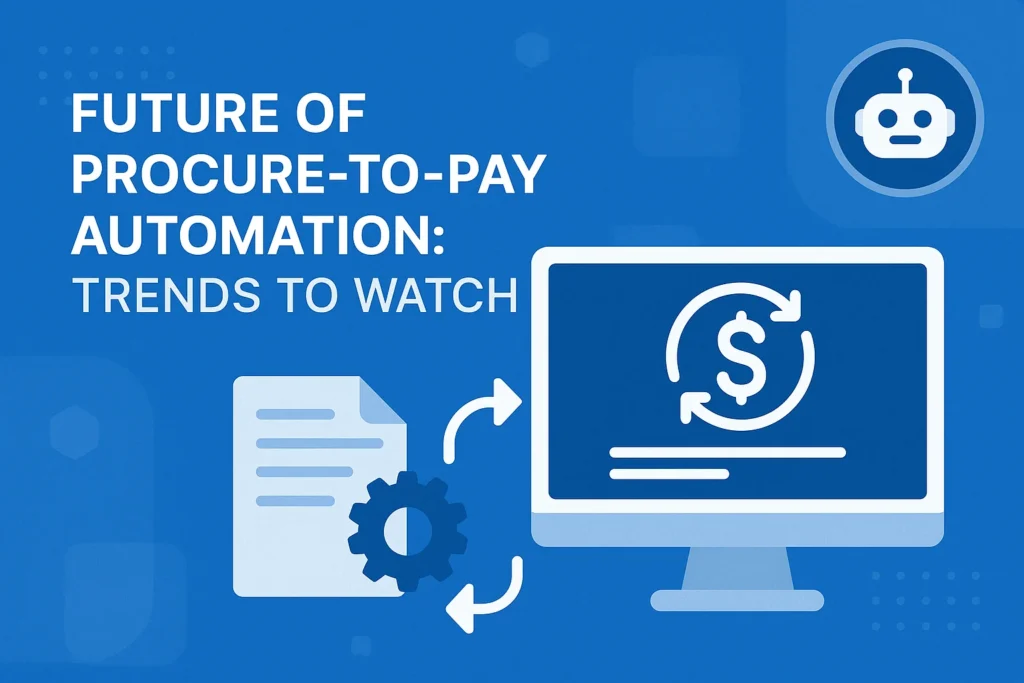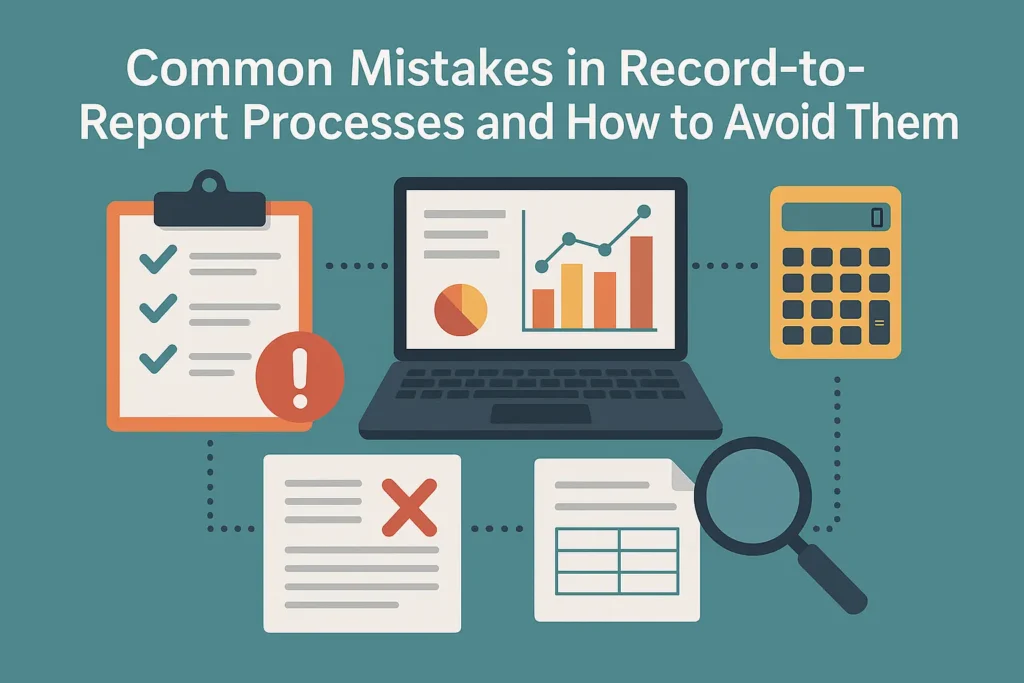Outsourcing your accounting function can help you save costs, gain specialized expertise, and focus on growth. However, picking the right outsourcing partner is critical to achieving these benefits without compromising quality, compliance, or security. In this article, we’ll break down the key factors to consider when selecting an accounting outsourcing partner.
Why Your Accounting Partner Matters
Accounting is the backbone of your financial health. The wrong partner could introduce compliance risks, errors, or even data security issues. A careful evaluation process protects you from these risks while enabling efficiency and growth.
What to Look for in an Accounting Outsourcing Partner
1
Proven Experience and Track Record
Check their client portfolio, years in business, and case studies. Proven experience demonstrates they can handle challenges effectively.
2
Domain Expertise
Look for certified professionals with expertise in GAAP, IFRS, or other relevant frameworks. This ensures proper compliance and best practices.
3
Data Security and Confidentiality
Ask about encryption, role-based access, secure file transfers, and NDAs. Your financial data is sensitive — it must be protected.
4
Technology Capabilities
Assess their familiarity with your preferred accounting software (QuickBooks, NetSuite, Xero, etc.). Technology alignment prevents disruptions.
5
Process Transparency and Reporting
A good partner should offer consistent reporting, audit trails, and performance metrics so you stay in control.
6
Scalability and Flexibility
Your business will grow and change — ensure your partner can scale up resources or adapt processes as needed.
7
Communication and Support
Time zone alignment, language proficiency, and a dedicated account manager can make or break smooth collaboration.
Questions to Ask Before Signing
- How do you manage quality control?
- What is your onboarding process?
- Do you offer data backup and disaster recovery?
- Can you share client references?
Conclusion
Choosing the right accounting outsourcing partner is about balancing skills, security, technology, and culture. A strategic selection process pays dividends in the form of better financial control, peace of mind, and long-term growth.



